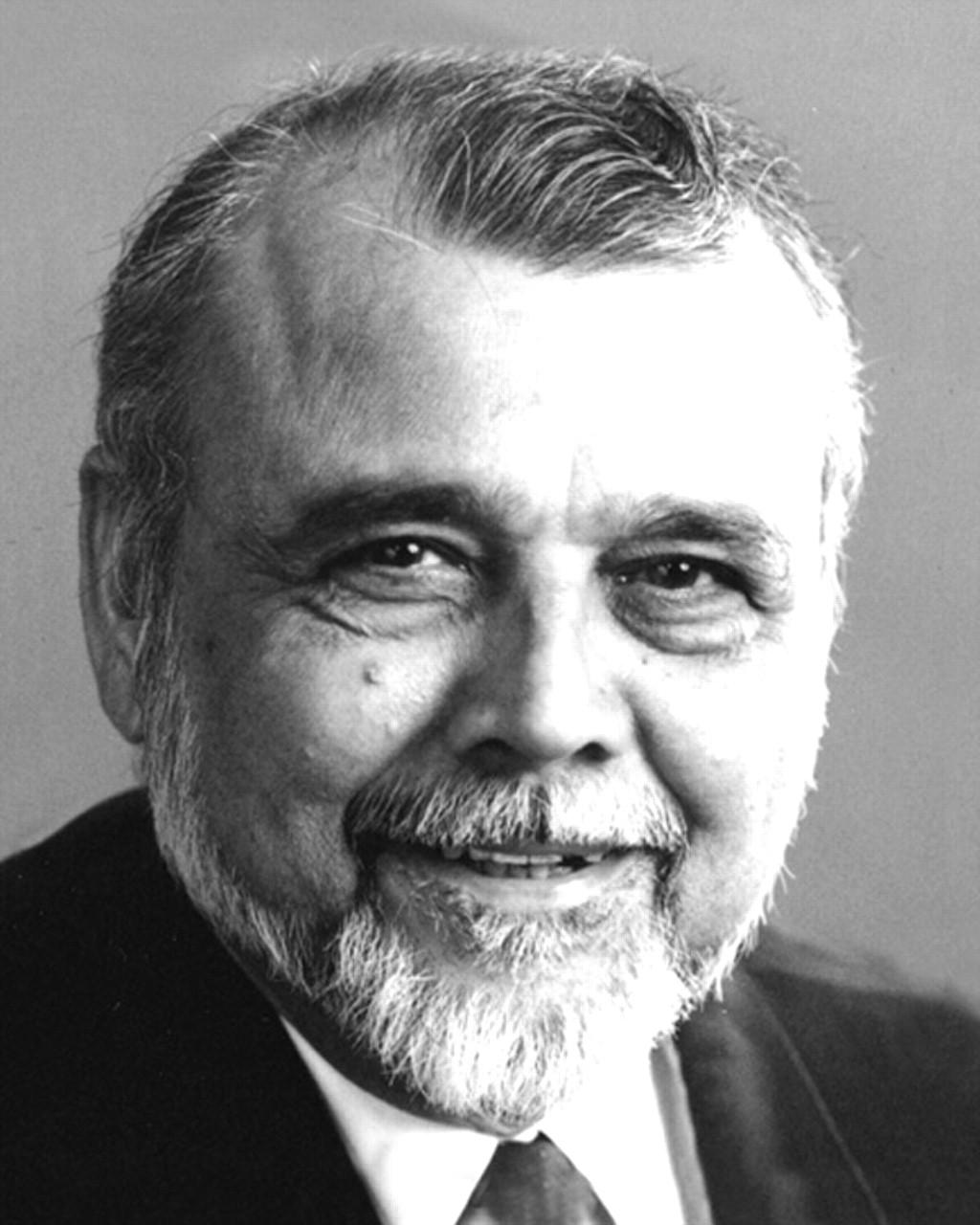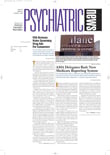University of Illinois (UIC) at Chicago: Professor of Clinical Psychiatry, 1989-; UIC Medical Center: Associate Medical Director, 2004-
Distinguished Life Fellow (Member Since 1973)
Jesse Brown VAMC: Chief of Psychiatry, 1978-94; Chief of Staff, 1994-2004; UIC: Associate Dean, 1994-2004
APA Assembly: Recorder, 2001-02; Speaker-Elect, 2002-03; Speaker, 2003-04
APA Oskar Pfister Award, 1995
APA George Tarjan Award, 2003
Member, Finance and Budget Committee, 2002-05
I want to be your secretary-treasurer primarily because I believe our effectiveness as an Association stems from how well we manage our financial resources and use them to power our legislative and other agendas. In years of working as a senior administrator in large systems of care, I have become attuned to complexities of systems and distribution of drive.
The secretary-treasurer has two roles: (1) exercising fiduciary care and general oversight responsibilities of that office and (2) applying sound judgment as a voting member of the Board of Trustees.
The single, overriding issue now for our profession is to help patients gain better access to psychiatric care. As the speaker of our Assembly in 2003, I made access my theme. Psychiatric patients have been systematically denied access through discriminatory insurance practices. Managed care organizations in actuality manage demand to reduce costs through unrealistic medical necessity standards, onerous utilization reviews, and restrictive formularies. Publicly financed services do additional harm when they emulate that model. Access and quality have been sacrificed as the system addresses costs single-mindedly. The imbalance must be redressed. I will pursue these problems with the same vigor that I exercised in spearheading an effort to have the Board of Trustees endorse the need for universal access to care.
We must continue to advocate (1) parity and (2) an end to discriminatory Medicare coverage. We increase our effectiveness when we collaborate with other medical and consumer organizations. Together we can be successful. In spite of significant breakthroughs in our neurobiological understanding of etiology and the treatment of psychiatric disorders, the stigma of mental illness continues to haunt us and our patients alike. Psychosocial and cultural dimensions of illness get lip sympathy as the disparities in services for the poor, minorities, children, women, the elderly, and those living in rural areas widen.
The secretary-treasurer monitors APA's purse and maintains the records of APA's activities. We must facilitate access to information and resources for individual members and DBs/SAs. As I sat on the Finance and Budget Committee, I saw our resources restored via the leadership of our new medical director and the very thoughtful officers of recent years. As Assembly speaker, I had an opportunity to work collaboratively with Presidents Paul Appelbaum and Marcia Goin and learned the virtue of calm deliberation and the art of finding significant balance; for example, I was able to be instrumental in restoring revenue sharing with district branches and state associations in 2004. In the years to come as our reserves continue to be replenished, and annual meetings continue to be profitable, I will advocate set asides for dues relief, first to special groups like ECPs, lifers, new members, and, finally, to the entire membership. Additional resources also need to be utilized to further strengthen the advocacy and legislative initiatives of DBs/SAs, that is, government relations in the state houses. If there is one thing that I learned as a speaker, it is the imperative of healthy and robust DBs/SAs.
Challenges caused—and revealed—by the catastrophe of Katrina are only beginning to be understood. Our already fragile health care delivery system has been laid bare. While tales of individual heroism in the face of system collapse are our consolation, we must overhaul our institutional responsiveness to such problems in a systematic rather than fragmented way. Working that way is a strength I will bring to this office. I look forward to your voice and your input:
[email protected].
Primary Professional Activities and Sources of Income
Professional Activities
100%—Professor of clinical psychiatry, University of Illinois at Chicago
20%—Education
25%—Research
15%—Clinical service
40%—Hospital administration
Income
100%—College of Medicine, University of Illinois at Chicago

